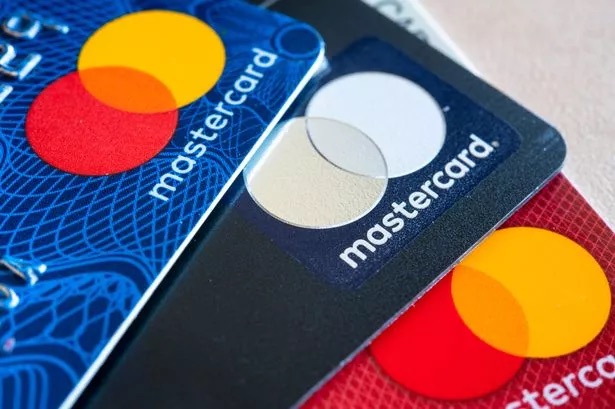Mastercard recently announced plans to replace the 16 to 19 digit card numbers with a unique “token” number to accelerate online payments. This “tokenization” process will be utilized for mobile transactions, app purchases, and online shopping, aiming to cover 100% of e-commerce transactions in Europe by 2030. Originally introduced by Mastercard in 2014, tokenization now accounts for about 25% of all online payments globally.
Valerie Nowak mentioned that “tokenization” has become popular in Europe because of its convenience and its ability to lower fraud rates. She supports the goal of implementing this technology for all e-commerce transactions by 2030, considering it advantageous for shoppers, retailers, and card issuers. Jorn Lambert added that as the line between digital and physical experiences blurs, Mastercard aims to provide enhanced security, improved experiences, and new payment methods by integrating top-tier digital services for its customers.
James believes this change highlights the responsibility of businesses to protect our information. While he acknowledges that using highly secure digital methods is beneficial, it also places a greater burden on businesses to ensure accuracy. He also notes that individuals who are not comfortable with technology or do not own smartphones might be excluded, similar to how cash usage has been rising in the UK for the first time in years.
